Have you ever experienced an autistic space? If not, I highly suggest it! Vicki Gleitz is the autistic visionary behind the second annual AutHaven Autistic Retreat, a retreat planned and attended by primarily autistic teens and adults. Knowing other autistic gatherings were too expensive or far away for her and others to attend, Vicki decided to start the retreat in her home-state of Colorado. Although the purpose was to make the event accessible to those who live in the Denver-metro area, attendees came from all over the USA and Canada! The $150 registration fee included local transportation, food, and lodging for four days and sponsorships were sought to help those who needed financial assistance. “It is important for us to gather with others of our kind … At AutHaven, we laugh, share, listen, and learn from each other in a safe space specifically created to support our autistic needs.”
The event’s theme was Independence through Interdependence. Participants could attend presentations/discussion that ranged from a variety of topics suggested and led by attendees: the power of grateful thinking, suicide awareness and prevention, creating Ocate Cliffs, creative self-employment, balancing college, work & life while living in two worlds [“normal” and “disabled”], etc. I was honored to lead the discussion on housing and learned about three intentional communities that were being planned by autistic adults in different states! We shared cooking and cleaning responsibilities, went on hikes, played board games, relaxed in the sun, and even had the first-ever international autistic golf cart rodeo competition.
What makes autistic space different than other spaces?
• In autistic space, when people begin to feel overwhelmed, they simply need to raise their hand and others follow them, raising their hands and lowering their voices.
• In autistic space, people offer applause by quickly waving their hands (like in the Deaf community) and not clapping their hands.
• In autistic space, people can show others through a color-coded name tag if they want to chat and anyone can approach them (white), if they appreciate when someone else begins the conversation (green), if they only want to chat with a few people whom they already have a friendship with (yellow), or if they do not want to chat at all (red).
• In autistic space, there are great food options that take into consideration a lot of dietary needs: gluten-free, dairy-free, soy-free, nut-free, meat-free, vegan, etc.
• In autistic space, people pick up chairs to move them instead of dragging them on the floor.
• In autistic space, stimming is welcome.
• In autistic space, it’s ok not to turn on all the lights.
• In autistic space, autistics lead while neurotypicals learn and adapt.
Participants hosted a Gala in which donors were invited to attend a dinner. Creative and funny skits were created to share with donors how to best support those on the spectrum, and be an “autistic ally.” A song and dance, using the tune from The Sound of Music, was composed describing “These are a few of my favorite stims.” (Click here to check out the lyrics to Vicki Gleitz’s “Favorite Stims.”)

From what I gathered in conversations and connecting with others through Facebook afterward, AutHaven was both exhilarating and very challenging for those who attended and led the event – myself included. In such an intimate gathering of only 30 – 40 people, there was bound to be misunderstandings and stepping on toes. Although the outcome from those events really highlighted the grace, understanding, and forgiveness that autistic space exemplifies.
Vicki and others hope that AutHaven extends beyond the Rocky Mountains. They want to encourage others to start their own autistic retreats, even if its just starting small. As Vicki says, “Have a slumber party!”
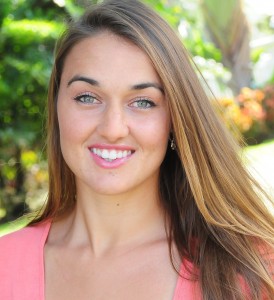
Desi’s Desk is a blog post written periodically by Desiree Kameka, Director of Community Education & Advocacy at Madison House Autism Foundation
Desiree’s work focuses on researching housing issues, advocating for autistic adults and their issues, and presenting her work at local and national gatherings. She visits many residential communities and social enterprises across the USA and highlights their unique victories and learning curves while sharing stories of residents with autism and other developmental disabilities. Desiree is also the project lead for Madison House’s interactive Autism Housing Network, which is currently in BETA testing. Her passion is empowering autistic adults and parents to create a future that is exciting and life-affirming by offering small group consultations for forming projects.

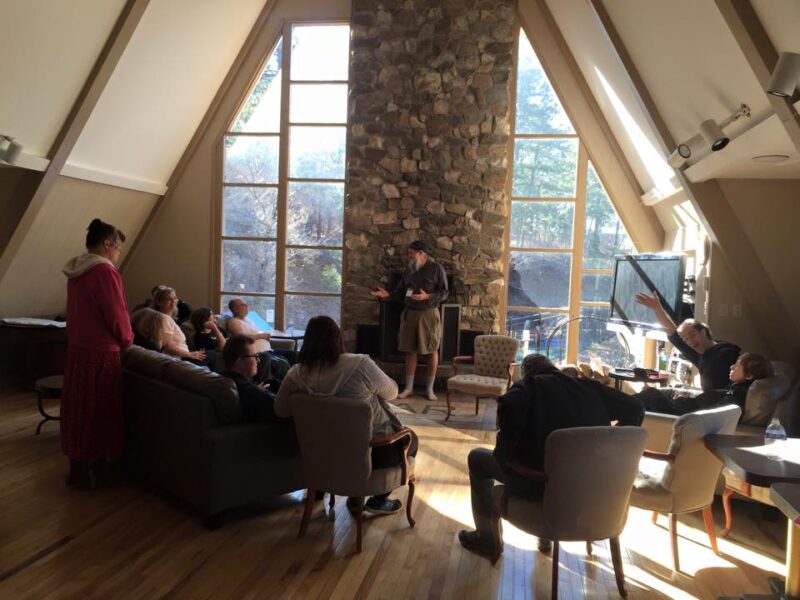
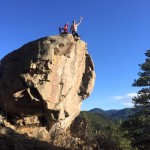
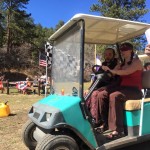
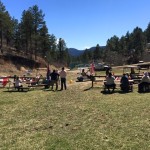

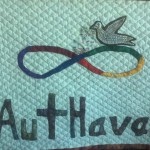




I’m at a loss I have autism and I just want to be with people like me